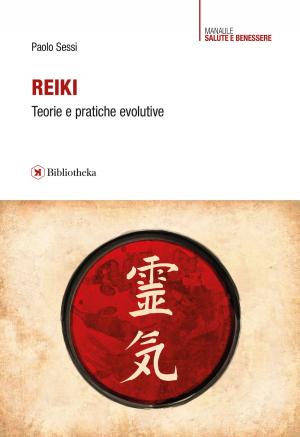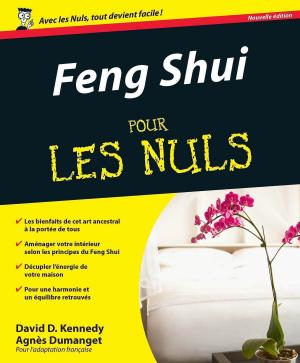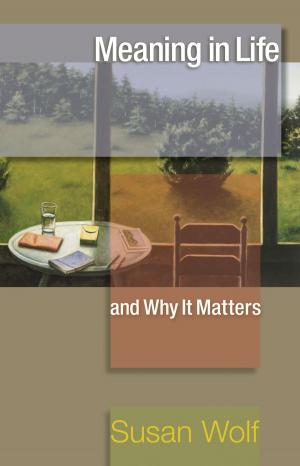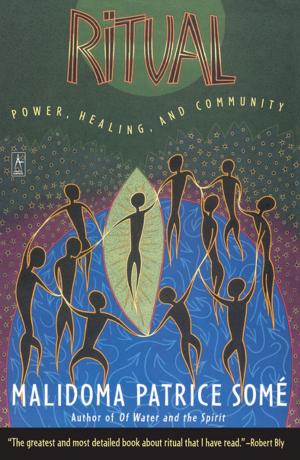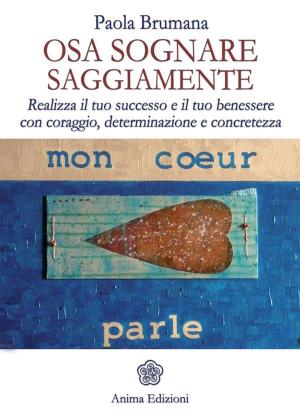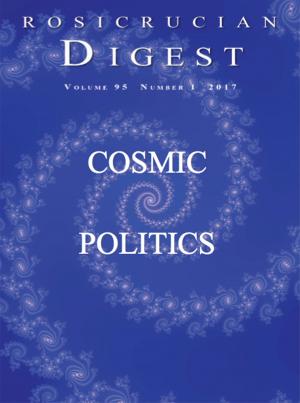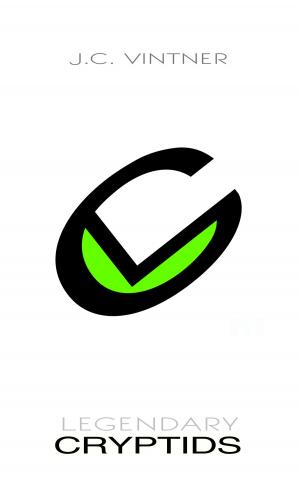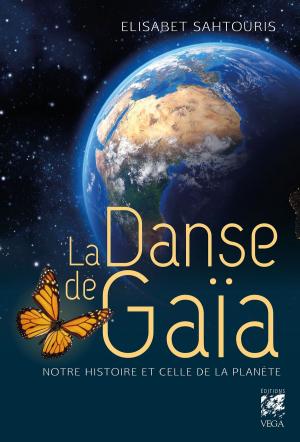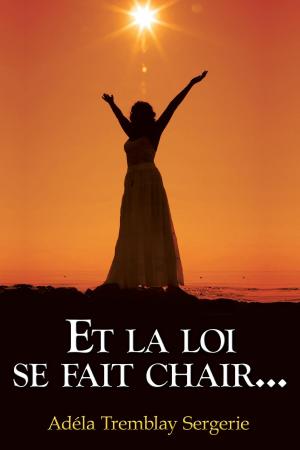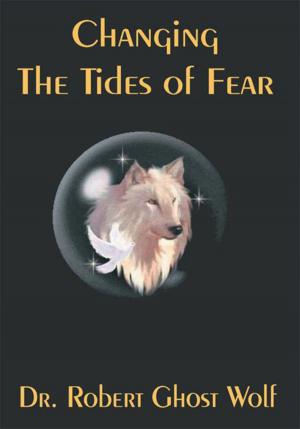The Visionary I Ching
A Book of Changes for Intuitive Decision Making
Nonfiction, Religion & Spirituality, Philosophy, Mind & Body| Author: | Paul O'Brien, Joan Larimore | ISBN: | 9780988494251 |
| Publisher: | Divination Foundation Press | Publication: | January 1, 2013 |
| Imprint: | Divination Foundation Press | Language: | English |
| Author: | Paul O'Brien, Joan Larimore |
| ISBN: | 9780988494251 |
| Publisher: | Divination Foundation Press |
| Publication: | January 1, 2013 |
| Imprint: | Divination Foundation Press |
| Language: | English |
The Visionary I Ching is a modern illustrated version of the world's oldest and wisest book, designed to facilitate intuitive and decision-making. This orientation of the "Book of Changes" helps the reader balance logic with an intuition that is informed by the timeless wisdom of the great Chinese classic, which for millennia has served as a sourcebook for Taoist philosophy, Chinese medicine and the martial arts. The I Ching may be the oldest book in the world—but far more than that, it is the world's most revered divination system. Introductory chapters of the The Visionary I Ching explain the two fundamental elements of authentic divination systems—synchronicity and archetypes—as defined by the great depth psychologist, Carl Jung, in a refreshing and easy to understand way. While modernized, the interpretation of the The Visionary I Ching is in alignment with the most authoritative translations of the I Ching. Compared with the oldest translations, however, The Visionary I Ching is notably non-sexist, non-militarist and non-Germanic. Furthermore, in an independent spirit more suitable to the individualistic temperament of a modern audience, The Visionary I Ching is more Taoist in attitude than duty-bound Confucian. As a useful change management tool for modern times, The Visionary I Ching complements Eckhart Tolle's be here now transcendental mysticism, adds the crucial element of conscious decision-making into The Secret's "Law of Attraction," and supplies the key missing ingredient to Wayne Dyer's recent Tao Te Ching writings.
The Visionary I Ching is a modern illustrated version of the world's oldest and wisest book, designed to facilitate intuitive and decision-making. This orientation of the "Book of Changes" helps the reader balance logic with an intuition that is informed by the timeless wisdom of the great Chinese classic, which for millennia has served as a sourcebook for Taoist philosophy, Chinese medicine and the martial arts. The I Ching may be the oldest book in the world—but far more than that, it is the world's most revered divination system. Introductory chapters of the The Visionary I Ching explain the two fundamental elements of authentic divination systems—synchronicity and archetypes—as defined by the great depth psychologist, Carl Jung, in a refreshing and easy to understand way. While modernized, the interpretation of the The Visionary I Ching is in alignment with the most authoritative translations of the I Ching. Compared with the oldest translations, however, The Visionary I Ching is notably non-sexist, non-militarist and non-Germanic. Furthermore, in an independent spirit more suitable to the individualistic temperament of a modern audience, The Visionary I Ching is more Taoist in attitude than duty-bound Confucian. As a useful change management tool for modern times, The Visionary I Ching complements Eckhart Tolle's be here now transcendental mysticism, adds the crucial element of conscious decision-making into The Secret's "Law of Attraction," and supplies the key missing ingredient to Wayne Dyer's recent Tao Te Ching writings.

